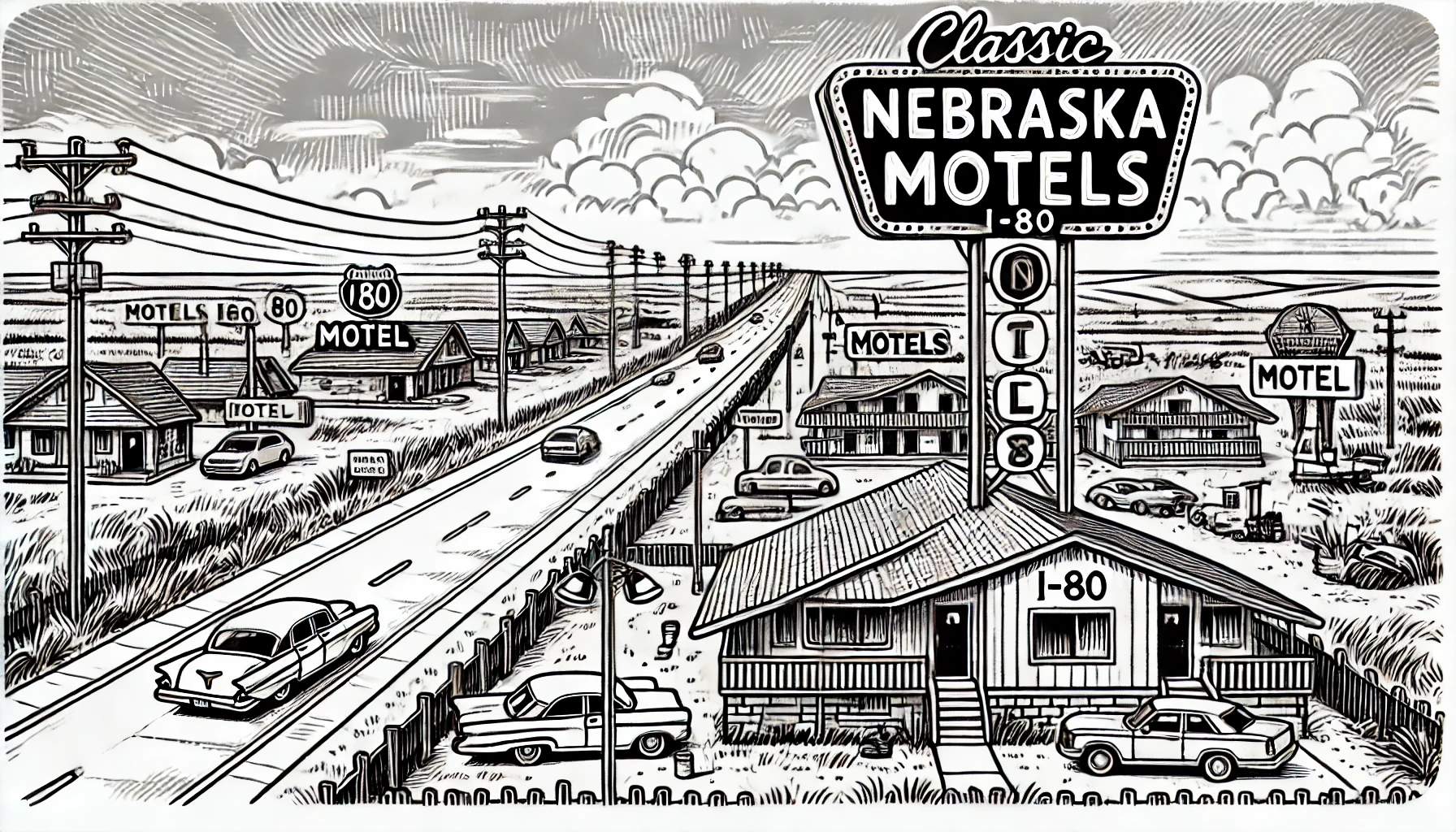African American Communities in Schuyler

Traveling through Nebraska, a state with a rich history and diverse cultural heritage, it is essential to acknowledge the significant contributions of African Americans in shaping the local communities. One such community that stands out is the town of Schuyler, located in Colfax County. The history of African Americans in Schuyler dates back to the late 19th century when many African Americans migrated from the South to the Midwest in search of better opportunities.
The community was primarily established in the area known as North Schuyler, where many African American families settled and established homes, churches, and businesses. The oldest African American church in Schuyler, Bethel African Methodist Episcopal Church, was founded in 1907 and is still an active congregation today, standing at the corner of 12th and D streets in the heart of the town. The church played a crucial role in the community, serving not only as a place of worship but also as a center for social gatherings and community events.
One notable resident of Schuyler was Silas Robbins, an African American pioneer who arrived in the area in the 1860s. Robbins was a successful businessman and farmer, owning several hundred acres of land in the area. He was also an advocate for the rights of African Americans, serving as a delegate to the 1898 Nebraska State Republican Convention. Robbins' legacy continues to inspire the community, and his farmhouse, though no longer standing, was a testament to the hard work and perseverance of African Americans in Schuyler.
Another significant event that highlights the African American community in Schuyler was the establishment of the African American school in the early 20th century. The school provided education to African American children, who until then had been denied access to white-only schools. Although the school was eventually integrated, its existence played a crucial role in promoting education and equality within the community.
As the years passed, the African American community in Schuyler continued to thrive, with many residents contributing to the local workforce, serving in the military, and participating in civic activities. Despite facing challenges and racism, the community persevered, leaving behind a legacy that continues to inspire future generations.
Today, visitors to Schuyler can experience the rich history and culture of the African American community by visiting the Schuyler Historical Museum, which features exhibits on the town's early settlers, including African Americans. The museum is located in the heart of downtown Schuyler, making it an excellent starting point for anyone interested in learning more about the community.
The study of African American communities in Schuyler offers valuable insights into the complexities and nuances of local history. By exploring the experiences of African Americans in the town, one gains a deeper understanding of the ongoing struggle for social justice and equality.
As we continue to travel through Nebraska, exploring its rich history and cultural heritage, we are reminded of the significant contributions made by African Americans in communities like Schuyler. Their struggles and triumphs continue to inspire and educate us, serving as a reminder of the enduring legacy of African American communities throughout the state.
The community was primarily established in the area known as North Schuyler, where many African American families settled and established homes, churches, and businesses. The oldest African American church in Schuyler, Bethel African Methodist Episcopal Church, was founded in 1907 and is still an active congregation today, standing at the corner of 12th and D streets in the heart of the town. The church played a crucial role in the community, serving not only as a place of worship but also as a center for social gatherings and community events.
One notable resident of Schuyler was Silas Robbins, an African American pioneer who arrived in the area in the 1860s. Robbins was a successful businessman and farmer, owning several hundred acres of land in the area. He was also an advocate for the rights of African Americans, serving as a delegate to the 1898 Nebraska State Republican Convention. Robbins' legacy continues to inspire the community, and his farmhouse, though no longer standing, was a testament to the hard work and perseverance of African Americans in Schuyler.
Another significant event that highlights the African American community in Schuyler was the establishment of the African American school in the early 20th century. The school provided education to African American children, who until then had been denied access to white-only schools. Although the school was eventually integrated, its existence played a crucial role in promoting education and equality within the community.
As the years passed, the African American community in Schuyler continued to thrive, with many residents contributing to the local workforce, serving in the military, and participating in civic activities. Despite facing challenges and racism, the community persevered, leaving behind a legacy that continues to inspire future generations.
Today, visitors to Schuyler can experience the rich history and culture of the African American community by visiting the Schuyler Historical Museum, which features exhibits on the town's early settlers, including African Americans. The museum is located in the heart of downtown Schuyler, making it an excellent starting point for anyone interested in learning more about the community.
The study of African American communities in Schuyler offers valuable insights into the complexities and nuances of local history. By exploring the experiences of African Americans in the town, one gains a deeper understanding of the ongoing struggle for social justice and equality.
As we continue to travel through Nebraska, exploring its rich history and cultural heritage, we are reminded of the significant contributions made by African Americans in communities like Schuyler. Their struggles and triumphs continue to inspire and educate us, serving as a reminder of the enduring legacy of African American communities throughout the state.
